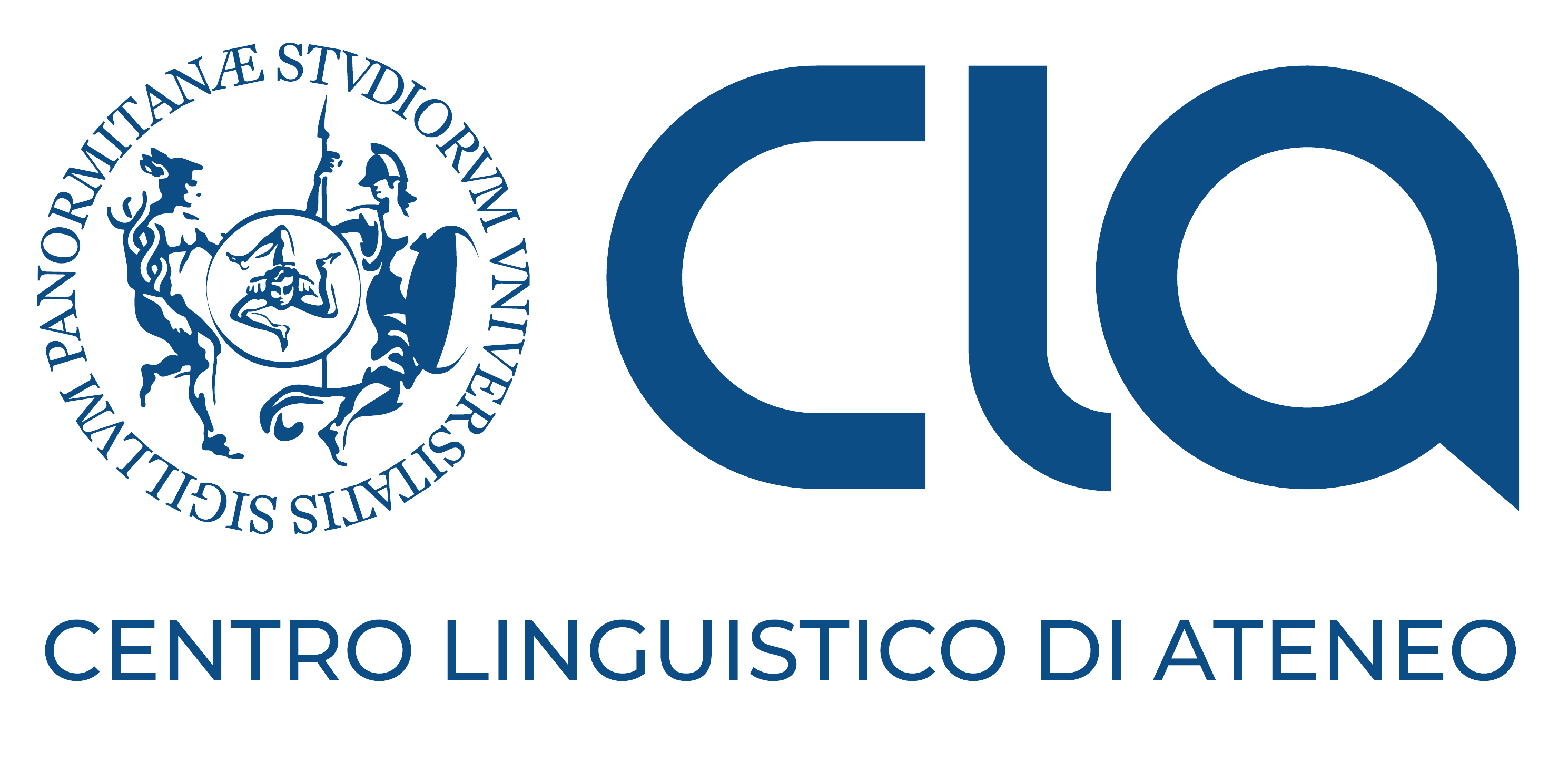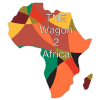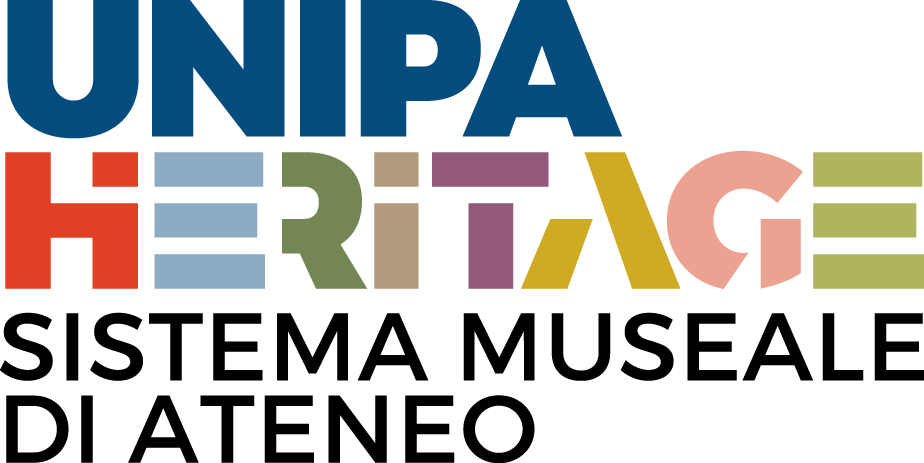Abstract
LOST aims to understand how the influence of state repression on the literatures of the former European socialist states can be evaluated as a transnational phenomenon. Some thirty years after the fall of the Berlin Wall, the theme of state repression in the countries of the Eastern Bloc is one of the Leitmotifs of European literature, yet no attempt has ever been made to see how “socialist repression literature” can be assessed, codified and understood in a unified perspective. LOST tries to fill this gap thanks to a multidisciplinary approach.
Most of the countries of the Eastern Bloc developed repressive patterns inspired by the ideological and procedural matrix of the USSR. While they eventually evolved in their own individual way, the impact of these repressive systems on literature produced similar dynamics throughout the Bloc. This is why at the core of LOST is the idea that the study of the relationship between state repression and literature in Eastern Europe should be done comparatively.
LOST evaluates a variety of texts and literary phenomena in a comparative perspective, with the aim of reconfiguring the current state of the art on the field. LOST’s goal is to apply a multidisciplinary framework to study some of the national literatures of both the USSR and the Eastern Bloc by sourcing, mapping and ultimately reinterpreting a vast number of literary works – poems, oral poems, auto/biographical works, fiction – related to socialist-inspired state repression, leading to a paradigm shift in our understanding of 20th and 21st century European literature and culture.







































